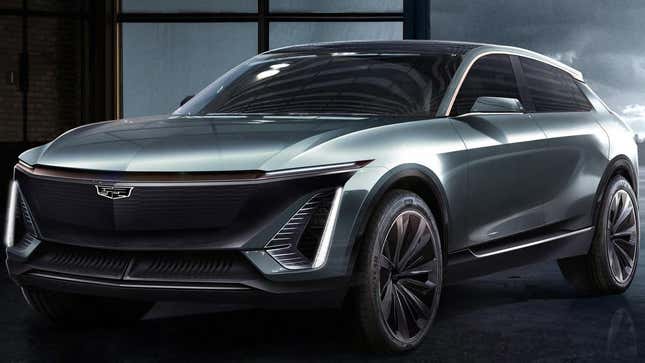
A new JD Power survey has revealed consumer confidence in self-driving vehicles has declined and confidence in electric vehicles has flatlined. And the automakers may only have themselves to blame.
The JD Power survey found that, on a 100-point scale, confidence in self-driving technology dropped one point to 35, and EV confidence stalled at 55. The data was supposedly collected before the novel coronavirus outbreak so that shouldn’t have had any influence on the results.
I’d say the confidence levels toward self-driving technology is healthy and warranted, as the biggest story to come from that technological adventure was an Uber vehicle striking and killing a pedestrian a couple of years ago.
But consider the number of new EVs recently announced, and all the planning announced to back those new cars up. It should be alarming that confidence in electric vehicles isn’t growing at all, let alone at a rapid enough rate to sell some promise that people will buy these things. The problem may come down to the automakers themselves.
In the study, 70 percent of American respondents said they have never sat in an electric car, and 30 percent claimed to not know anything about them. JD Power suggests automakers aren’t yet doing enough to sell people on this new technology, which the companies are forced to develop as environmental regulations get stricter and stricter globally.
Eventually—and I mean way down the line here—I think EVs could become a “build it and they’ll come” sort of deal. People need to see the infrastructure grow, the practicality is almost where it needs to be, and then all it’ll take is a family member getting one to sell everybody. But that takes time.
But still—the fact that Ford sold out the Mustang name and GM revived Hummer and people still aren’t all that excited about electric cars shows there’s a long road ahead.
Via Roadshow.